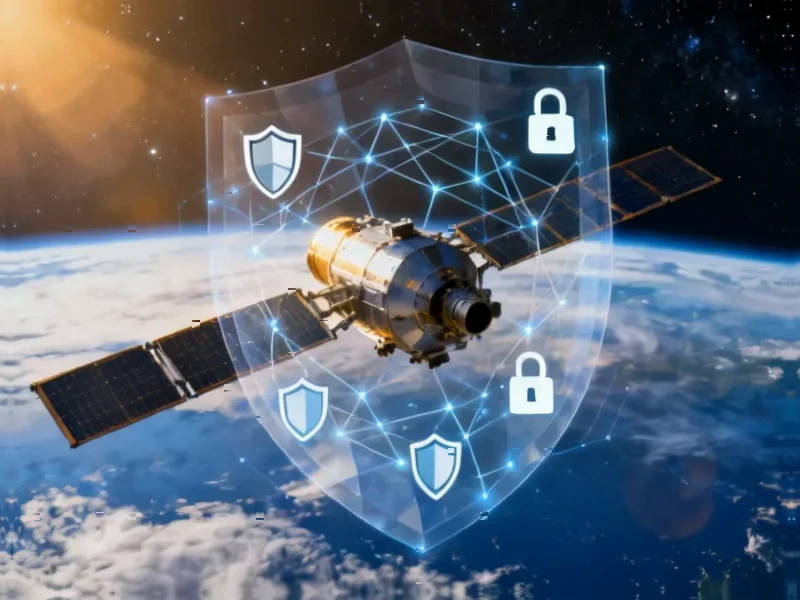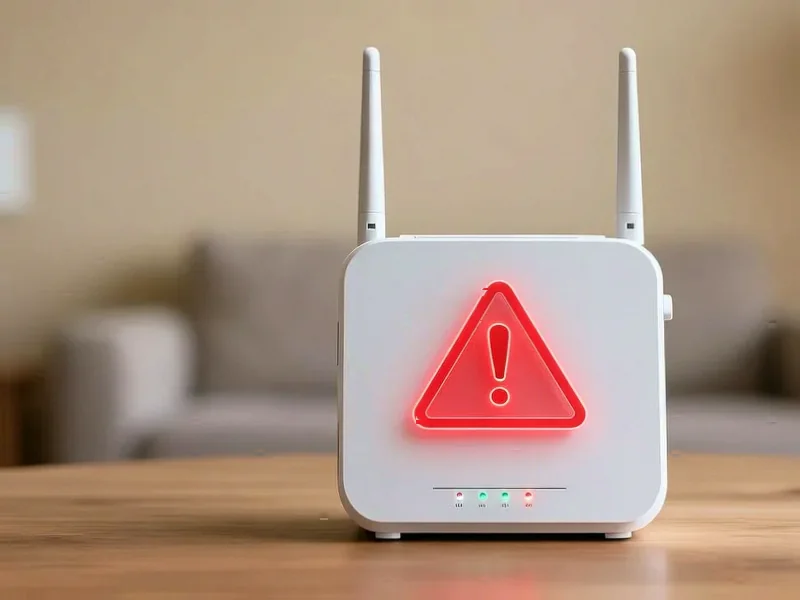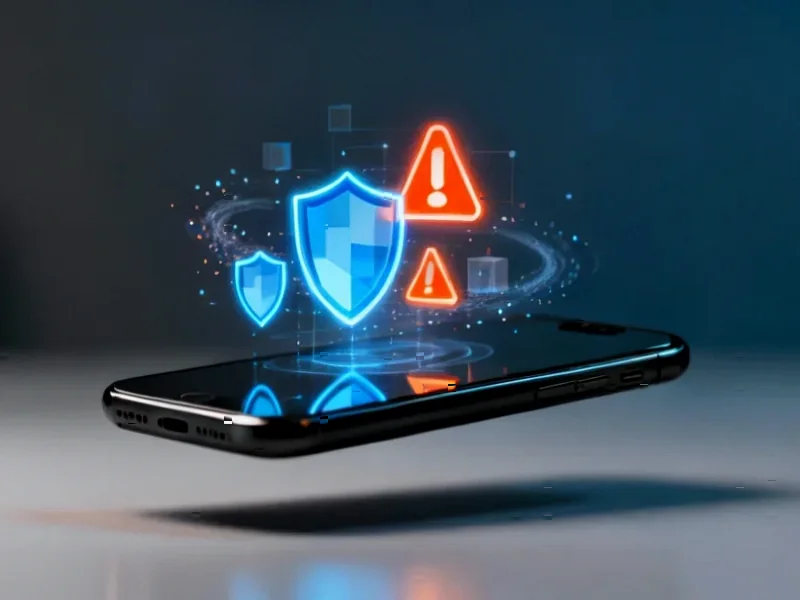According to DCD, telecom infrastructure attacks have reached epidemic levels with nearly 6,000 intentional vandalism incidents reported in just the last six months of 2024. Bell Canada has recorded over 2,270 copper thefts since 2022, with a 23% year-over-year increase across Canada and 700 incidents already this year. Charter Communications suffered a major fiber attack in June that severed 13 cables containing 2,600 individual fibers, impacting military bases and 911 services. In Missouri alone, Charter logged 148 criminal attack-related outages by June’s end. The damage is staggering – one Oklahoma cell tower collapse caused $500,000 in damage, while T-Mobile lost $330,000 in backup battery thefts across Phoenix. Industry leaders are now calling these attacks “domestic terrorism” and a national security threat.
The Copper Black Market Driving This Mess
Here’s the thing about copper theft – it’s basically a perfect storm of high metal prices and low risk. Bell Canada’s David Joice puts it bluntly: “I’d say we don’t catch the majority of them.” And that’s the real problem. When a stolen catalytic converter can net quick cash, imagine what hundreds of feet of copper cable can bring. Analyst Chris Antlitz makes the perfect comparison to the Prius catalytic converter theft wave that swept the country.
But copper’s just part of the story. What’s truly alarming is that even fiber networks without scrap value are getting hit. Charter’s spokesperson notes criminals are cutting fiber lines looking for copper, not finding any, but causing massive damage anyway. So we’ve moved beyond simple theft into something more destructive – and potentially more dangerous.
When Vandalism Becomes Domestic Terrorism
Charter isn’t mincing words here – they’re calling these attacks exactly what they are: domestic terrorism. And honestly, when you’re cutting off 911 services, emergency dispatch, and military communications, what else would you call it? Tom Monaghan from Charter says these attacks create “a pervasive and persistent threat to families and businesses.”
But here’s what worries me – we’re not just talking about isolated incidents anymore. We’re looking at coordinated patterns across multiple states, with Missouri seeing nearly 150 criminal outages in six months. That’s not random vandalism – that’s systematic targeting of critical infrastructure.
The Conspiracy Theory Angle
Remember those 5G tower attacks during COVID? Yeah, they’re still happening. Earlier this year in Belfast, several 5G masts were targeted despite the complete lack of evidence linking 5G to health issues. Ineke Botter, who’s run telcos in conflict zones, says social media misinformation is “dangerous” and needs to be “nipped in the bud quickly.”
But she’s also seen the other extreme – running networks in places like Lebanon where Hezbollah would simply take what they wanted. “You don’t win against Hezbollah,” she admits. So while we’re dealing with copper thieves and conspiracy theorists here, imagine trying to secure networks against actual terrorist organizations.
What This Means for Your Internet
Openreach in the UK sums it up perfectly – these attacks are pulling engineers away from fiber rollouts to deal with repairs that can take weeks and cost thousands. James Arnold mentions a “welfare case” where a vulnerable customer in Lincolnshire lost service due to cable theft. That’s the human cost they don’t put in the financial reports.
So where does this end? With copper prices staying high and law enforcement stretched thin, telecom companies are basically playing whack-a-mole across thousands of miles of infrastructure. They’re catching some perpetrators, but as Bell’s Joice admits, “it seems like we’re not winning that battle.” And with the UK’s copper switch-off looming in 2025, the race to protect our critical communications infrastructure has never been more urgent.




